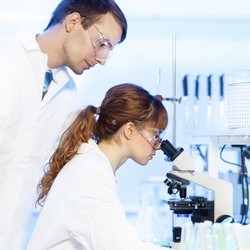New researchers to counter fragmentation of research
Science and engineering may be able to realise a range of opportune new technologies, for which there is or will be great need. If so, then some believe that a new type of multidisciplined and networked researcher will fulfil the promise. Developing such researchers was the philosophy behind the project MASK (Materials and advanced sensor knowledge exchange). Including three European partners in association with three Australian universities, the project successfully built a group of researchers who will contribute significantly to future research and innovation, and who also align well with industry. The ultimate purpose was to ensure that ideas translate into products or services. Research covered three broad themes: adaptive and responsive materials, prototype/technology design and analytical methods/characterisation. Research in these areas can lead to practical applications that will benefit society. Some of the most important are energy generation and storage, microfluidics, biomimetic and environmental sensing, biomedical implants, smart textiles and health self-monitoring. MASK realised 22 visits from Europe to Australia and 54 visits in reverse. The publication count totalled 60, including several oral conference presentations and 12 posters. The project also participated in several seminars, workshops and 13 training courses. Attendees from the Australian and Irish governments reflected the importance of a symposium held at the Dublin City University in May 2014, called 'Bioprinting for wearables and implantables'. MASK developed young researchers who wear many masks so that they can counter fragmentation of research efforts in fields such as personal healthcare, energy management and environmental monitoring.



